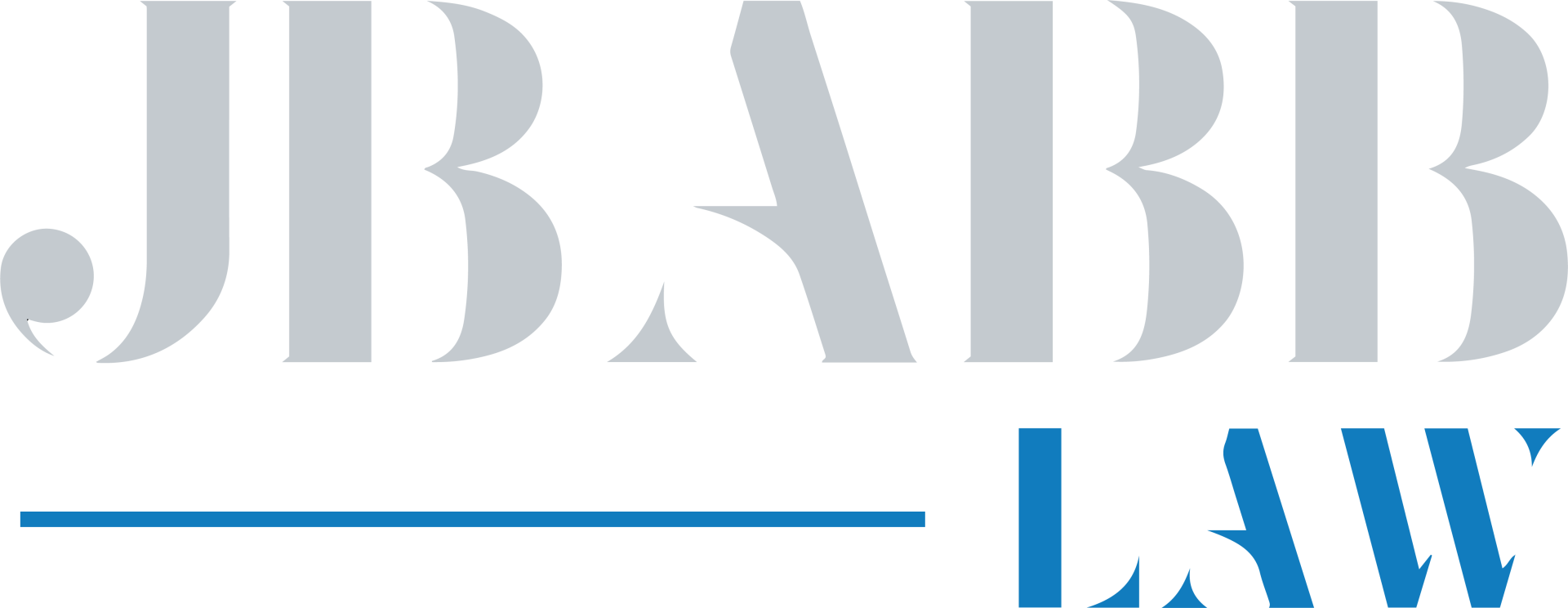Emergency Protective Orders in Texas: Watching Your Step
A Look at Emergency Protective Orders
In an assault family violence (i.e. domestic violence) case, the judge will often issue an Emergency Protective Order (EPO). Emergency Protective Orders can make it illegal for the offender to return home and fulfill his or her familial responsibilities. And in the wake of an assault case, that can make it difficult if not impossible to move on from your mistake and get back to your life. Fortunately, there may be ways you can mitigate the negative effects an EPO will have on your life.
The “Stay Away” Order
The offender may be prohibited from coming within a specified proximity of the alleged victim, including his or her home and workplace. So when the offender and victim live together or share parenting responsibilities, EPOs affect the whole family. Furthermore, a person who violates an EPO can face serious consequences, including new charges, fines, and jail time. Due to this very real concern, our firm fields calls every day from offenders who want to know if they can lift the EPO so they can return home lawfully. Here’s some helpful information we provide.
Always Follow Your EPO
You have to follow your EPO, even if you live with the victim. If your EPO is making it difficult for you to return to your home life or fulfill your familial responsibilities, speak with an attorney about your options before you violate it. In the event that you choose not to follow the EPO, you risk being re-arrested and charged with violating the protective order (a Class A misdemeanor unless there are some aggravating factors proven). Generally speaking, a person gets caught violating a protective order when someone calls the police to notify them of such a violation.
In our experience, if a couple chooses to violate the EPO and there are no calls made which notify the police or court of the violation, then it goes unnoticed. Yet, this is a big gamble to take with your freedom when you cannot say for certain whether or not someone will report to you to the authorities for violating the EPO.
Ask the Court for Relief
In these situations, you might be able to ask the court to lift or amend (modify) the EPO. Following an assault family violence offense, the judge will be hesitant to lift your EPO outright. EPOs serve an important purpose. They protect the victim of the assault from further harm. But if the victim does not need or want the protection and the EPO is preventing the offender from fulfilling certain responsibilities, you may ask the judge to amend it to ease the burden.
EPOs typically contain a number of restrictions and conditions, which may or may not be necessary. If the victim consents, the judge can lift certain conditions, such as being prohibited from returning home, while keeping others in place, like refraining from committing future acts of assault. This way, the judge can ensure the EPO still provides valuable protections without removing the opportunity to pursue legal recourse should the offender assault the victim again.
It is important to realize that such an amendment is quite rare! Therefore, the EPO will more than likely remain in place.
Questions About Emergency Protective Orders in Texas?
Remember, you must follow an EPO for its duration. But if you want to learn about how you can amend your EPO, consult with a seasoned Dallas-Fort Worth criminal defense attorney. An attorney can help you take steps to minimize your chances of violating your EPO.
If you have an EPO in the Dallas-Fort Worth area, JBabb – Criminal Defense Attorneys is here to help. JBabb – Criminal Defense Attorneys will advise you on the best course of action. With law offices in Dallas and Denton, our attorneys provide compassionate legal services to Dallas, Collin, Denton, Ellis, Rockwall and Tarrant counties. Our experienced attorneys handle a wide variety of criminal cases including DWI/DUI , assault/family violence, and other misdemeanors and felonies. Call (214) 329-9433, email clients@jbabblaw.com, or fill out our confidential online form to schedule a consultation with a Dallas-Fort Worth criminal defense attorney.
The post Emergency Protective Orders in Texas: Watching Your Step appeared first on JBABB Criminal Defense Attorneys.

